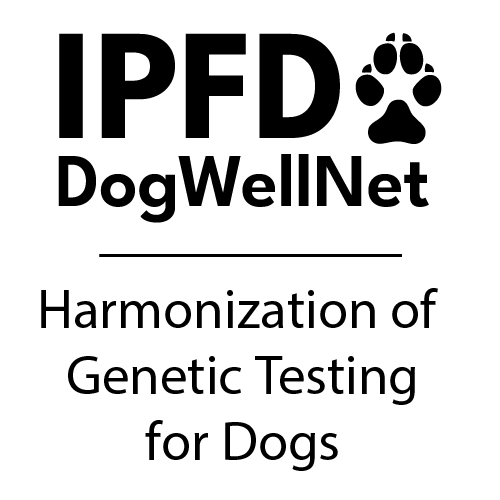Understanding accreditation, especially on an international scale, can feel like a daunting process. This brief overview may help you identify what types of accreditation are important to you, when choosing your genetic test provider.
What does accreditation actually mean?
Accreditation in its most simple form is a process in which certification of competency, authority, or credibility is presented. The process could refer to how a laboratory or business follows external professional guidelines and standards such as laboratory equipment maintenance, standardized sample handling, test performance, etc. or it could be step decided by the lab/business themselves – such as customer support/test report policies.
There are many different organizations around the world that issue credentials or certify third parties. It is important to know that different types of accreditation certify different aspects of any business – there isn’t an all-encompassing stamp for approval. In addition, while accreditation can be very important, there are other factors that also make a “good” genetic test provider.
What different types of accreditation are there?
For this database, you’ll find information on formal (i.e. internationally or nationally recognized) and informal accreditation/certification. Generally speaking, most countries will have some form of accreditation for good business practices, and the ISO system and others are international. As there is currently no formal accreditation specific to canine genetic testing, many genetic test providers have used standards, guidelines, and processes developed for human genetic testing, laboratory procedures, forensics, and other similar resources for the “testing” aspect of their business. In addition, some genetic test providers will use specifically accredited training for their staff. The differences between these kinds of accreditation can vary, so it is worth looking at any accreditation in more detail for the genetic test provider you are interested in.
Which one is “best”?
There is currently no formal accreditation specific to canine genetic testing. Different types of accreditation and certification can be applied to: the business, training, laboratory sample handling and practices, and individual DNA tests.
Why is accreditation important?
Accreditation is important to clearly identify that a business has processes and standards in place that can reflect competency, authority, or credibility. It does not necessarily mean that the practices of a business are “perfect” or “guaranteed” only that there are defined and certified processes in place. Undertaking formal accreditation can be a big cost and time investment, and is one indicator of a genetic test provider demonstrating to customers and other business their dedication to providing good service.
What kind of accreditation should a laboratory have?
Different businesses and laboratories will have different accreditation needs reflecting the size of the business, the country the business is based in, and the types of services provided – there is currently no set standard international accreditations specifically for dog DNA testing. For a genetic test provider that does not undertake the DNA testing directly – in other words, they outsource the lab stuff but provide the customer care, advice, coordination, sample collection, etc. you might want to look out for accreditation for how they run their business (ISO is an international accreditation that is a good place to start, and/or national accreditation similar to ISO). For laboratories, it is a little more challenging without a set international standard. Specific ISO accreditation does cover some laboratory processes, and there are national accreditations for labs such as those for forensic human DNA testing . A laboratory should be able to demonstrate that they have processes in place to collect samples and catalogue/record them in a safe way, perform the DNA tests accurately (sometimes called proficiency) and report the DNA test results clearly. They should also have steps in place to deal with any problems that can occur. In addition, you may want to look for services such as breeding advice.
Accreditation, Standards, and Quality Assurance are all the same thing, right?
This is a common misunderstanding. Standards and Quality Assurance (QAs) practices can be defined in many ways – at the international or government level, or at the business level. There are independent bodies that can provide certification or recognition that a business is meeting specific standards or QAs, but this is not the same as “accreditation.” Just to confuse matters, standards and QAs often form part of the evidence business show when applying for accreditation. For example, their documented internal policies, or their use of external certification – such as professional memberships, or training – such as employing a certified/registered veterinarian rather than someone calling themselves a “dog specialist.” Ultimately accreditation only certifies a specific process.
Report Entry
 Donate
Donate
Recommended Comments
There are no comments to display.
Join the conversation
You can post now and register later. If you have an account, sign in now to post with your account.
Note: Your post will require moderator approval before it will be visible.